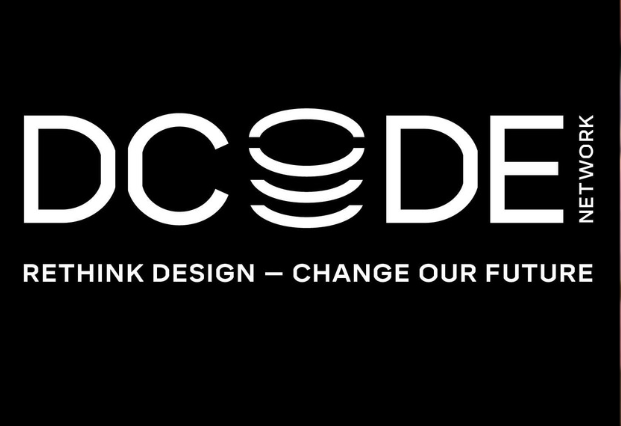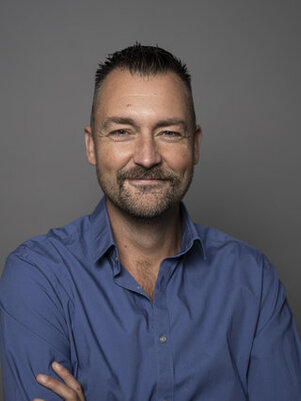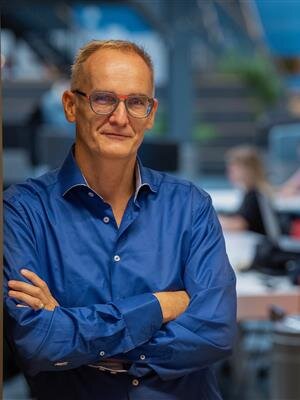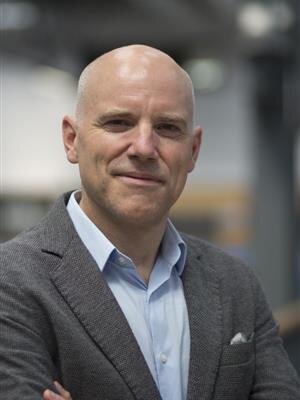DCODE Network
Rethink design – Change our future
We’re living in the midst of a digital transformation. The industrial revolution happened and now it’s over. Yet, design practice is still stuck in the past and struggles to reconcile human values and algorithmic logics into socially, economically and politically sustainable models.
We lack the knowledge, skills, and roles within organisations to design for interaction with autonomous technologies in ways actually beneficial to humankind. As a result, we’re unable to fully and responsibly anticipate and steer through this transformation. Imagining and manifesting alternative futures has to be a proactive effort. It’s time to rethink design and create new pathways to the future.
DCODE is a European network and PhD programme specialised in design. We use design, often coupled with AI, to train the next generation of researchers and designers to anticipate and guide society’s digital transformation towards a more inclusive and sustainable future.
The key research objective of DCODE (an acronym for Foundations of Design Competence for Our Digital Future) is to develop a fundamentally new understanding of how design, as an interdisciplinary field of research and practice, can anticipate the digital transformation of society powered by data, machine learning, and artificial intelligence, and form a holistic understanding of the different agencies involved—human and artificial—to create the conditions for responsible and sustainable futures.
What is DCODE?
One of DCODE Network’s specialities is utilising the power of prototeams. DCODE’s 15 PhD fellows are globetrotters from different disciplinary backgrounds. They will be iteratively deployed in various real-world situations to develop and prototype future design roles and practices.
To do this, DCODE positions the crafting of agency as foundational to today’s digital design, just like function was critical to industrial design. This new foundation addresses the full depth and extent of the digital transformation of everyday life. It attends to the new categories of socio-technical relations that digital transformation is introducing, providing the necessary connection between one-to-one relations (human experience) and end-to-end relations (societal system).
These new foundations for design require the holistic integration of five key research challenges identified in engineering, social sciences and the humanities.
- Anthropological study and principled engineering of algorithms as the foundation for shaping sustainable digital futures Design of trusted interactions with and across decentralised systems
- Design of personally meaningful and socially appropriate forms of interaction with and across decentralized systems
- Inclusive approaches to value creation in designing data-driven products, services, and business models
- Principles and mechanisms for public deliberation and governance of data flows across systems
- Future design practices upholding anticipatory, deliberative and responsive innovation approaches
DECODE cuts across private and public sectors, connecting domains such as sustainability, mobility and healthcare. It works around key challenges rather than disciplinary divisions to shape design-driven ecosystems for the digital transformation.
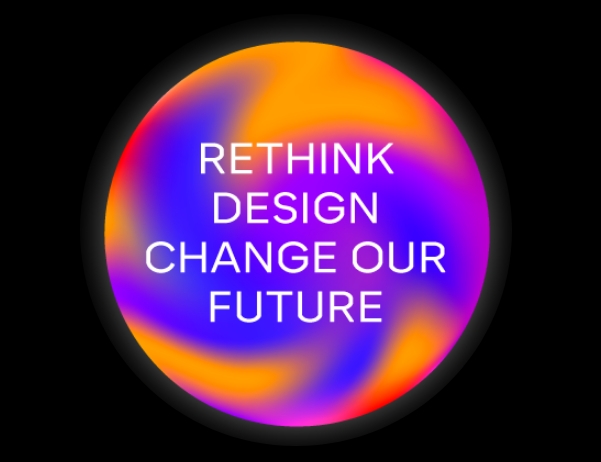
Partners:
- Umeå Institute of Design – Umeå University
- The University of Edinburgh
- Copenhagen University
- Amsterdam University of Applied Sciences
- Aarhus University
- Transport and Telecommunication Institute
- Philips
- AMS Institute
- Advanced Care Research Centre - The University of Edinburgh
- My Tomorrows
- Research Institutes of Sweden
- The Open Future Foundation
- Clearbox AI
TU Delft Researchers:
Human-Centered Design:
- Elisa Giaccardi (Project Lead)
- Dave Murray-Rust
- Roy Bendor
- Nazli Cila
- Marco Rozendaal
Sustainable Design Engineering:
- Alessandro Bozzon
- Gerd Kortuem
Design, Organisation and Strategy:
- Peter Lloyd
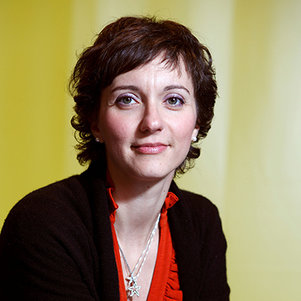
Elisa Giaccardi
- +31 (0)15 278 9223
- e.giaccardi@tudelft.nl
-
Room C-3-150
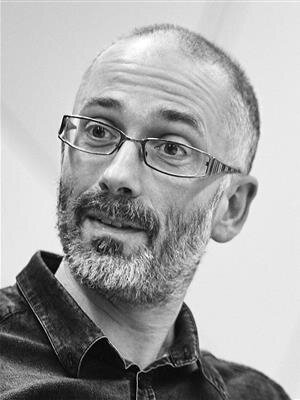
Dave Murray-Rust
- D.S.Murray-Rust@tudelft.nl
- Personal Website
-
32.C-3-250
Present on: Mon-Tue-Wed-Thu-Fri

Roy Bendor
- +31 (0)15 27 87166
- R.Bendor@tudelft.nl
- Personal website
-
Room C-3-210
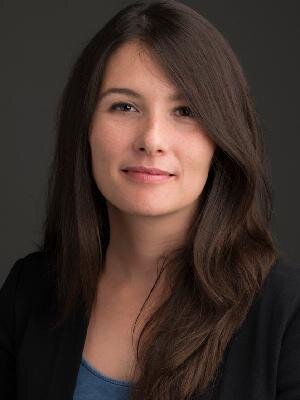
Nazli Cila
- +31 (0)15 27 83007
- N.Cila@tudelft.nl
- Personal website
-
Room B-2-140
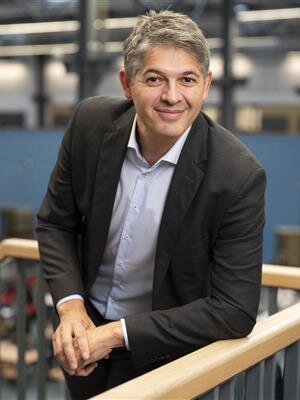
Alessandro Bozzon
- +31 (0)15 27 87822
- a.bozzon@tudelft.nl
- Personal website
-
Room B-3-370
Working days: M T W T F
"Twenty years from now you will be more disappointed by the things you didn't do than by the ones you did do."
This project has received funding from the European Union’s Horizon 2020 research and innovation programme under grant agreement No 955990.

